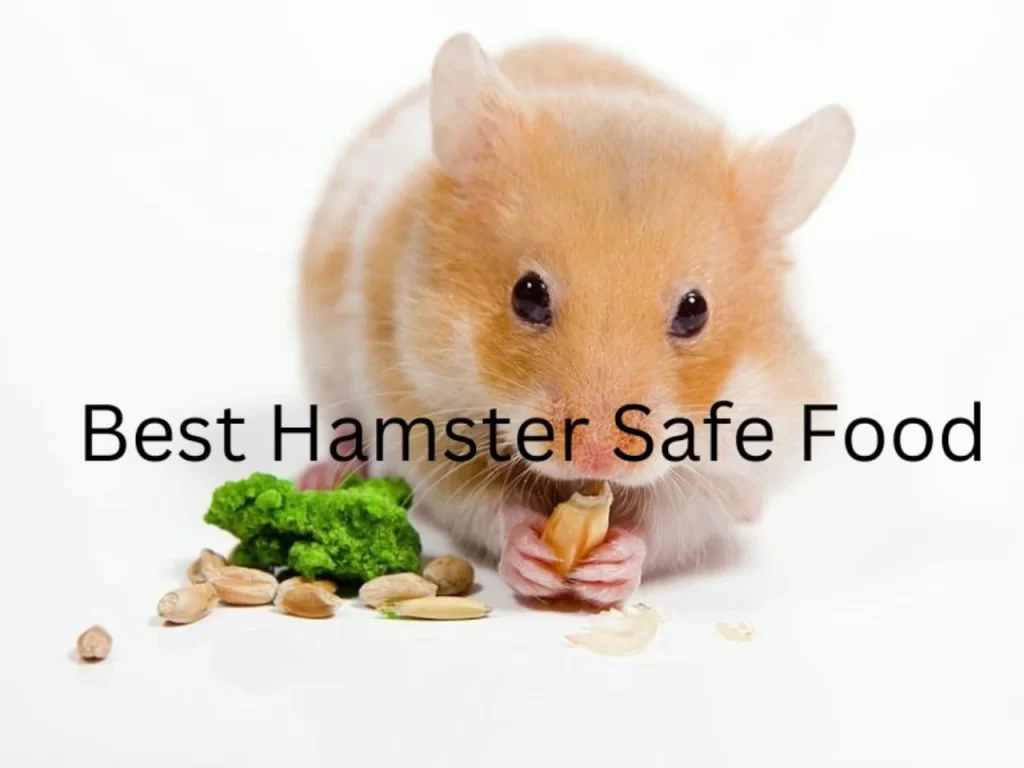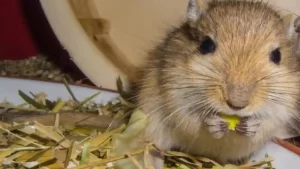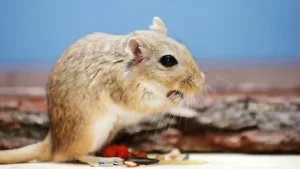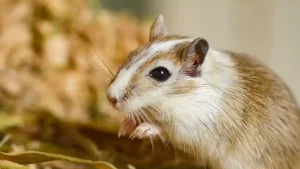One of the most important things to consider when it comes to keeping your hamster safe is what food you are giving them. Not all foods are suitable for hamsters, and some can even be very dangerous.
When it comes to the best food for your hamster, there is no one-size-fits-all answer. All hamsters have unique dietary needs and tastes, so it’s important to research what types of food are safe for your specific pet and provide them with a balanced diet that meets their nutritional requirements.
Fortunately, many healthy foods can make up an ideal diet for most hamsters. Here are 20 of the best “hamster-safe” foods:
1. Pellets
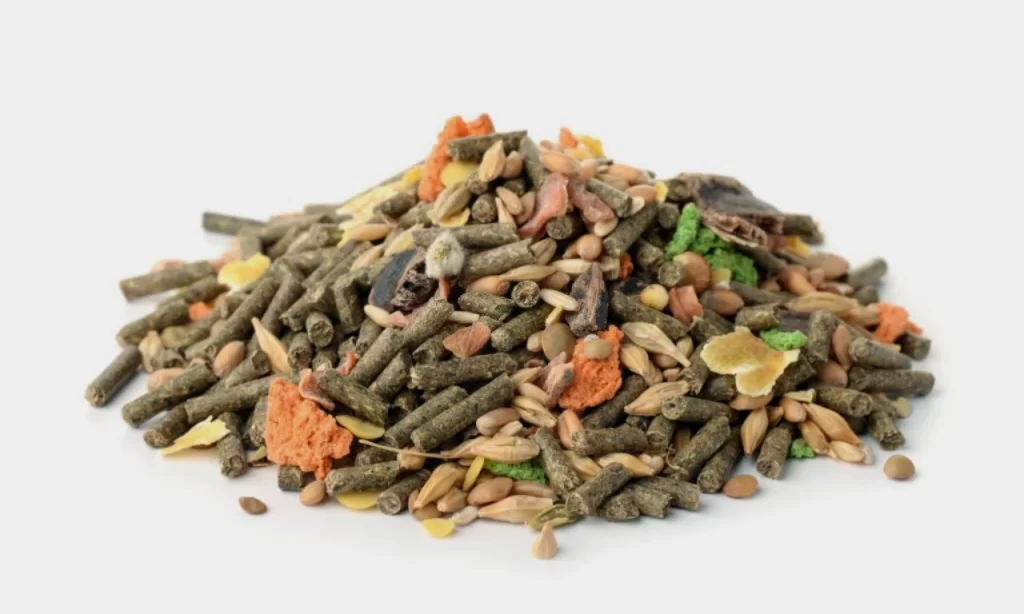
Commercially produced pellets should form the basis of your hamster’s diet as they contain all the nutrients needed to ensure good health.
2. Fruits & Vegetables
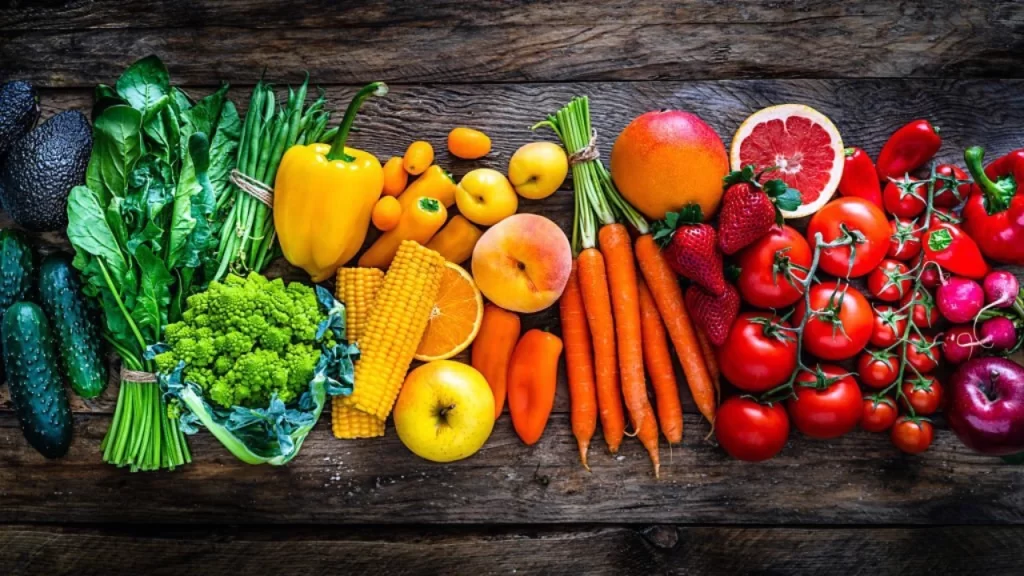
Fresh, non-toxic fruits and vegetables can provide variety and important vitamins for your hamster. Some great options include carrots, apples, cucumbers, bananas, oranges, strawberries, and kale.
3. Grains
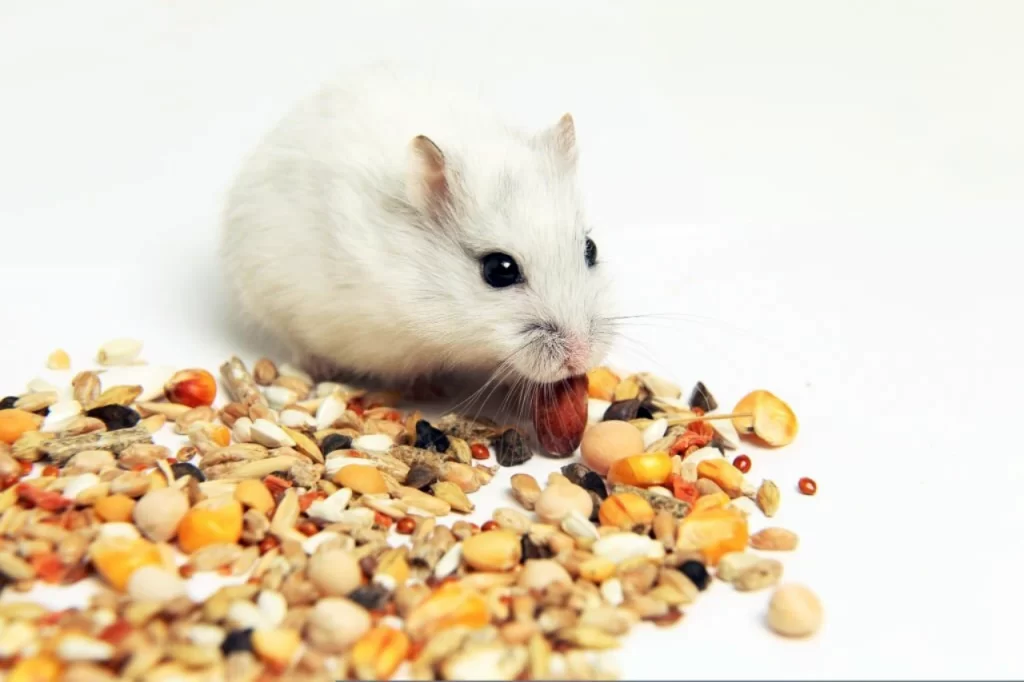
Grains like oats and wheat are a great source of fiber and carbohydrates that will give your pet plenty of energy to explore their cage or play in their wheel.
4. Nuts & Seeds
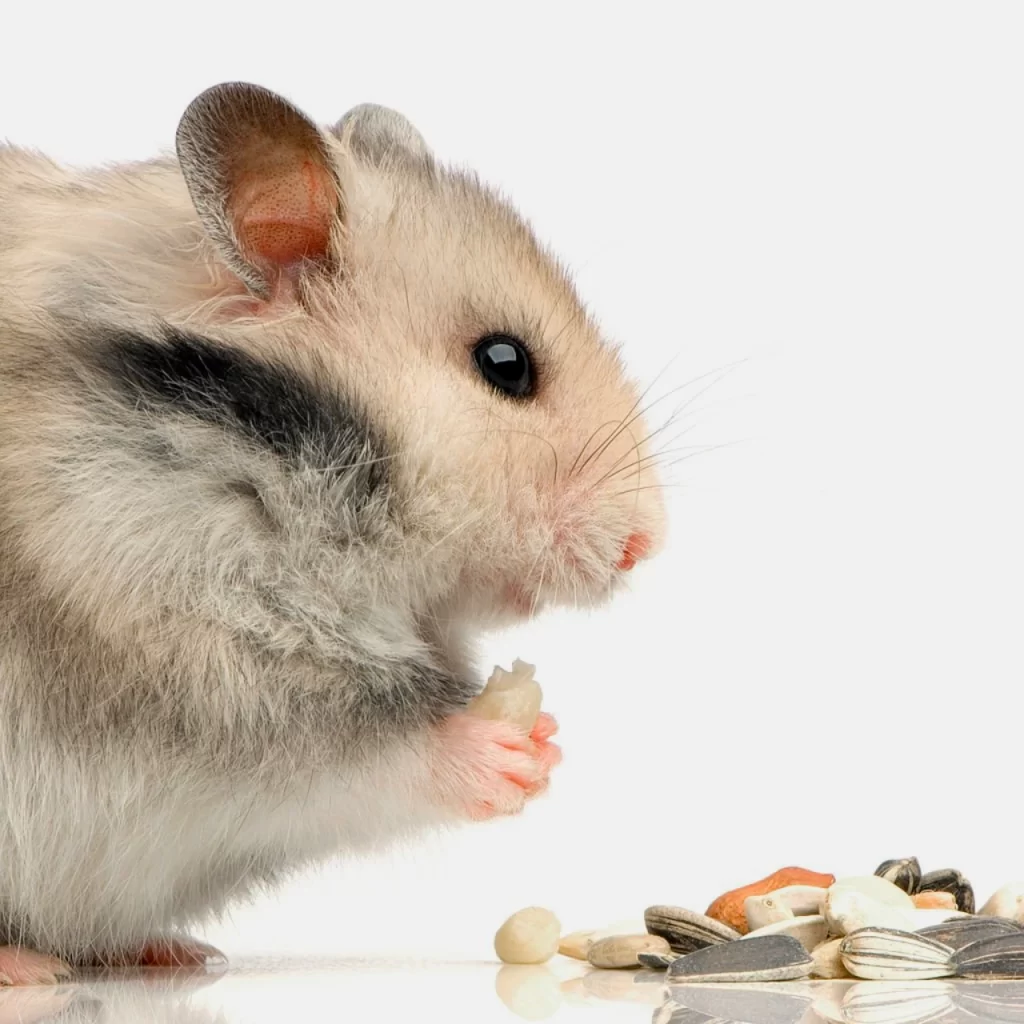
Foods such as sunflower seeds, almonds, walnuts, and peanuts are safe for hamsters but should not be given too often as they’re high in fat.
5. Legumes
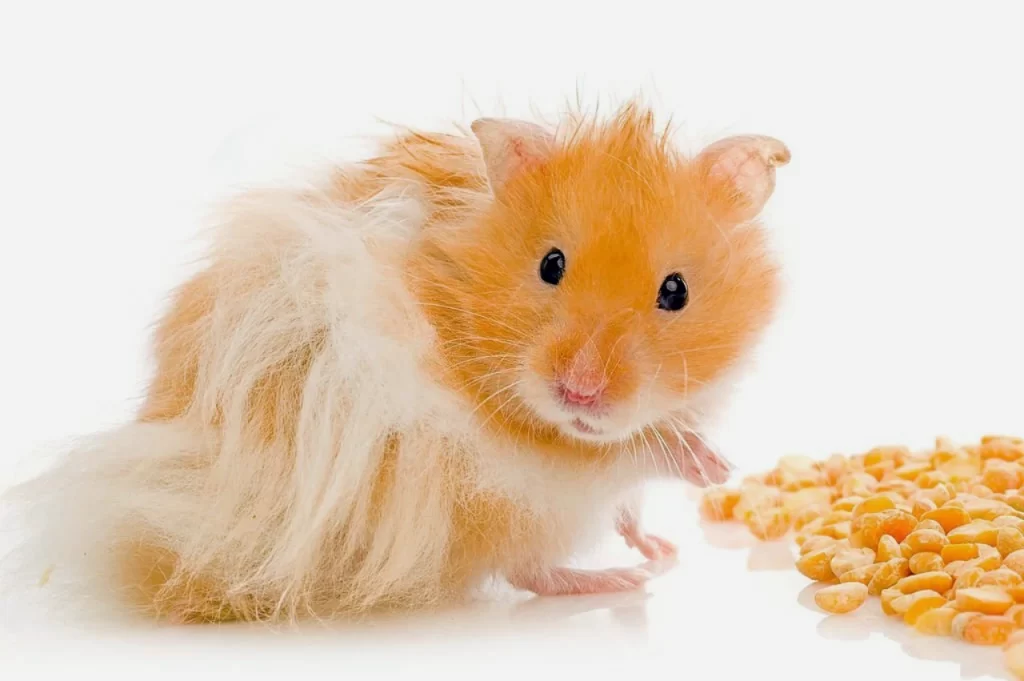
Beans like split peas and lentils are also good sources of protein that can add some variety to your hamster’s diet.
6. Pasta
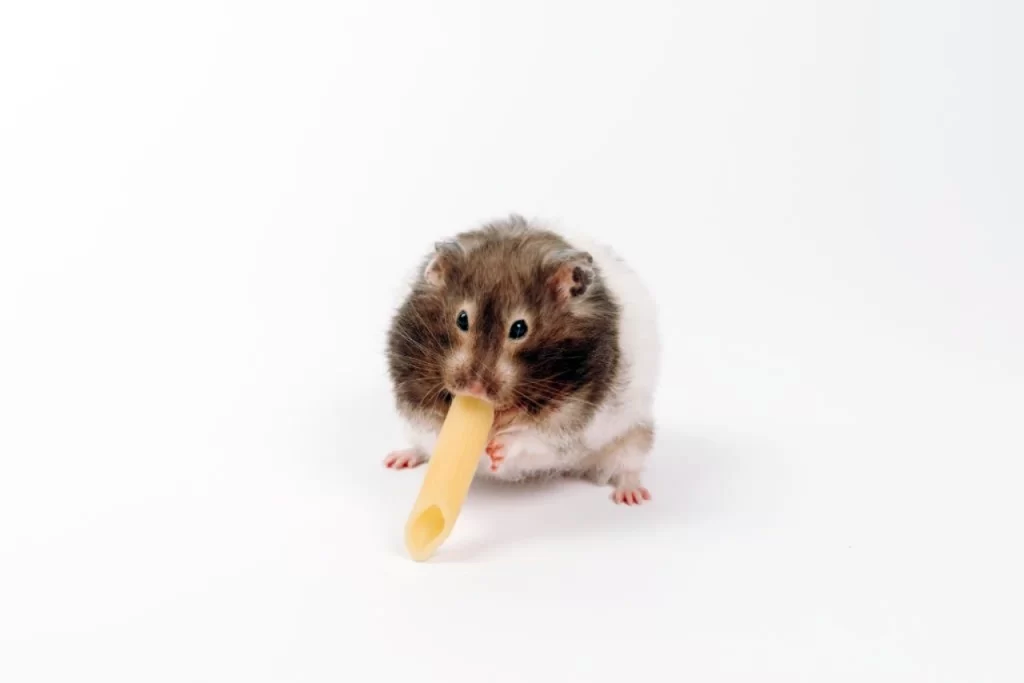
Cooked pasta such as macaroni and spaghetti can be a great treat for your pet, but make sure not to give them too much or it could cause digestive problems.
7. Meat & Eggs
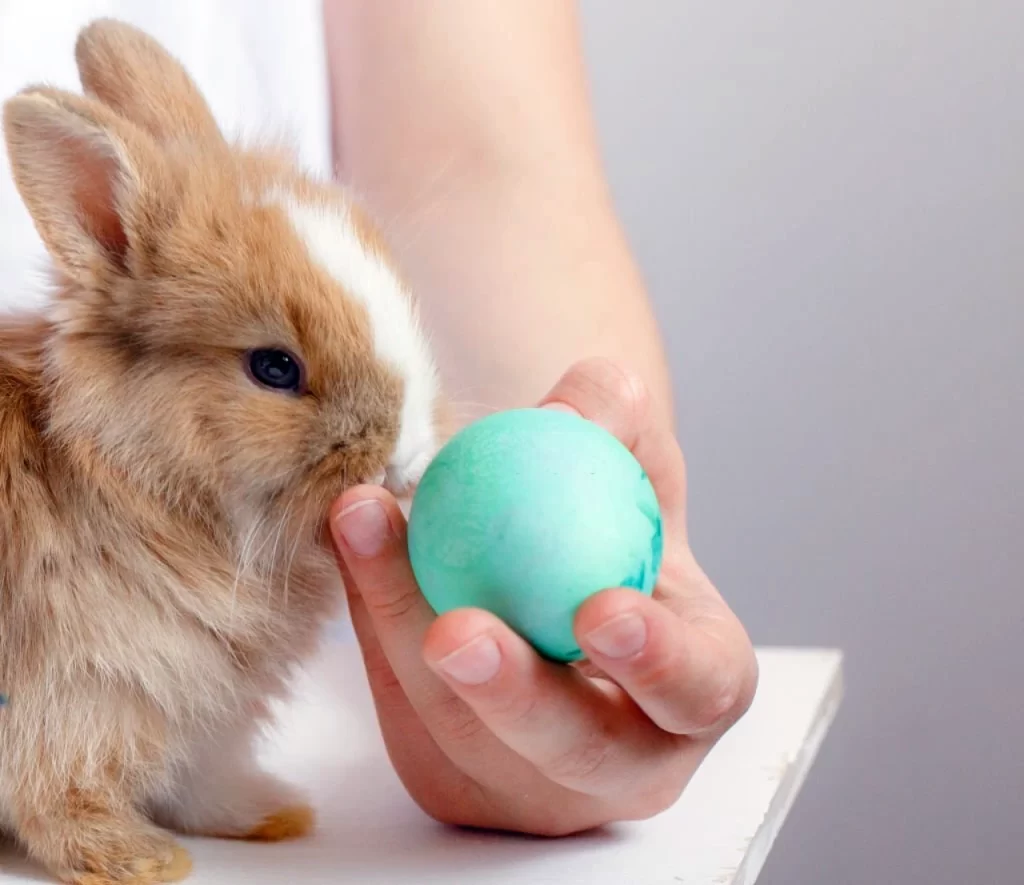
Small amounts of cooked meats and eggs are also safe for hamsters, but should be given in moderation due to their high-fat content.
8. Insects
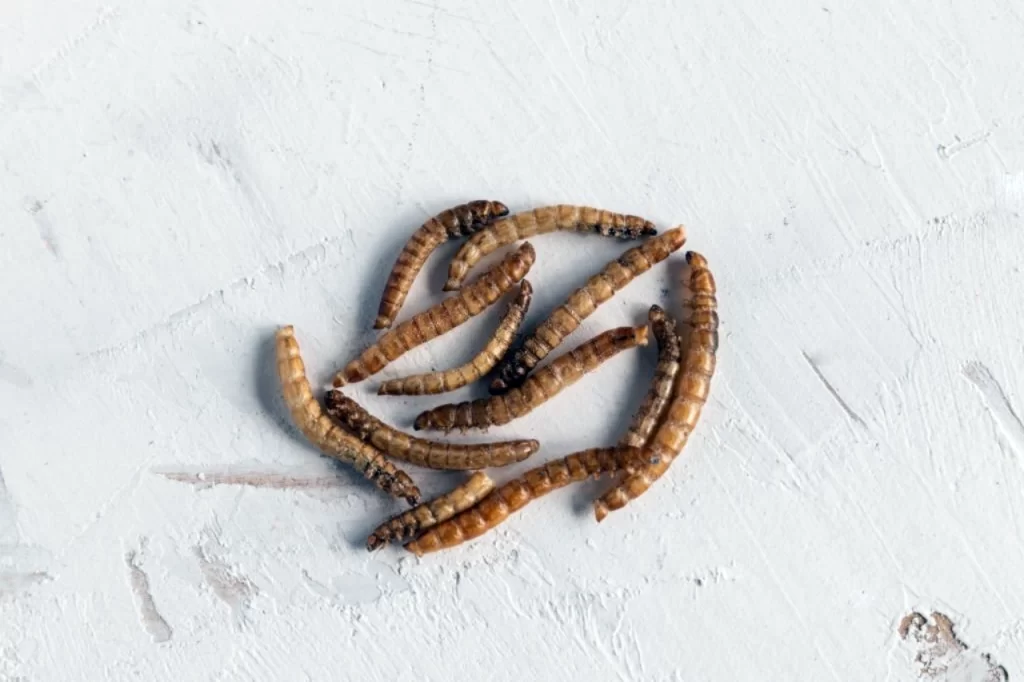
Mealworms and crickets offer plenty of protein while being easy to find at most pet stores. Just make sure they’re cooked before giving them to your pet!
9. Fish
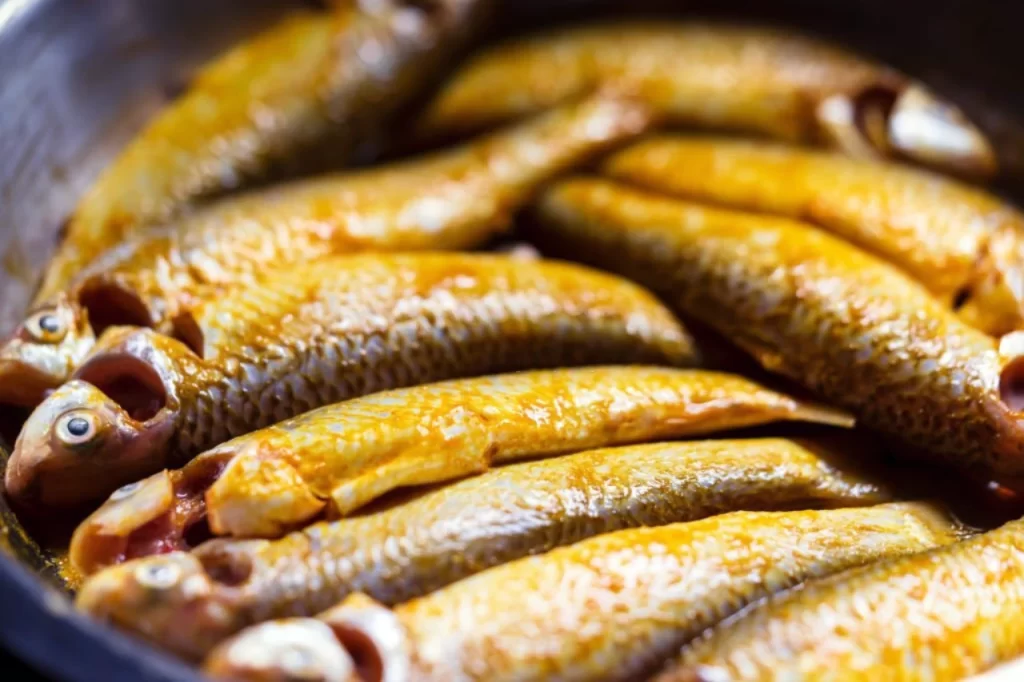
Some types of fish like goldfish can be a good source of omega-3 fatty acids for your hamster. Just make sure to remove the bones before feeding them.
Also Read: Can Hamsters Eat Bread?
10. Yogurt
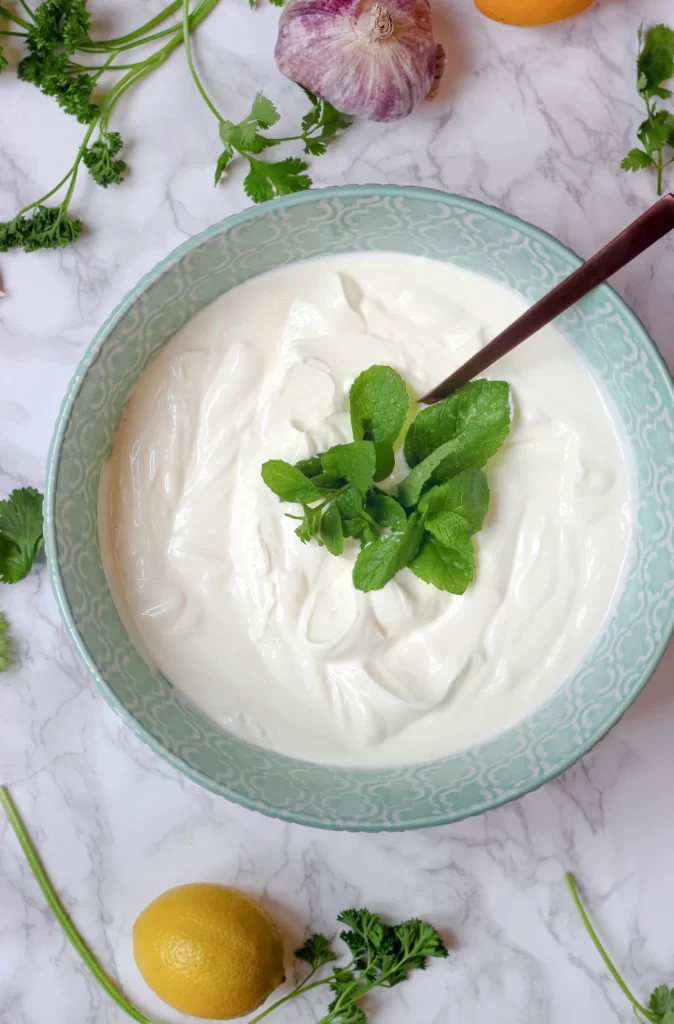
Plain, unsweetened yogurt can help introduce beneficial bacteria into your pet’s digestive system and provide important vitamins and minerals.
11. Berries
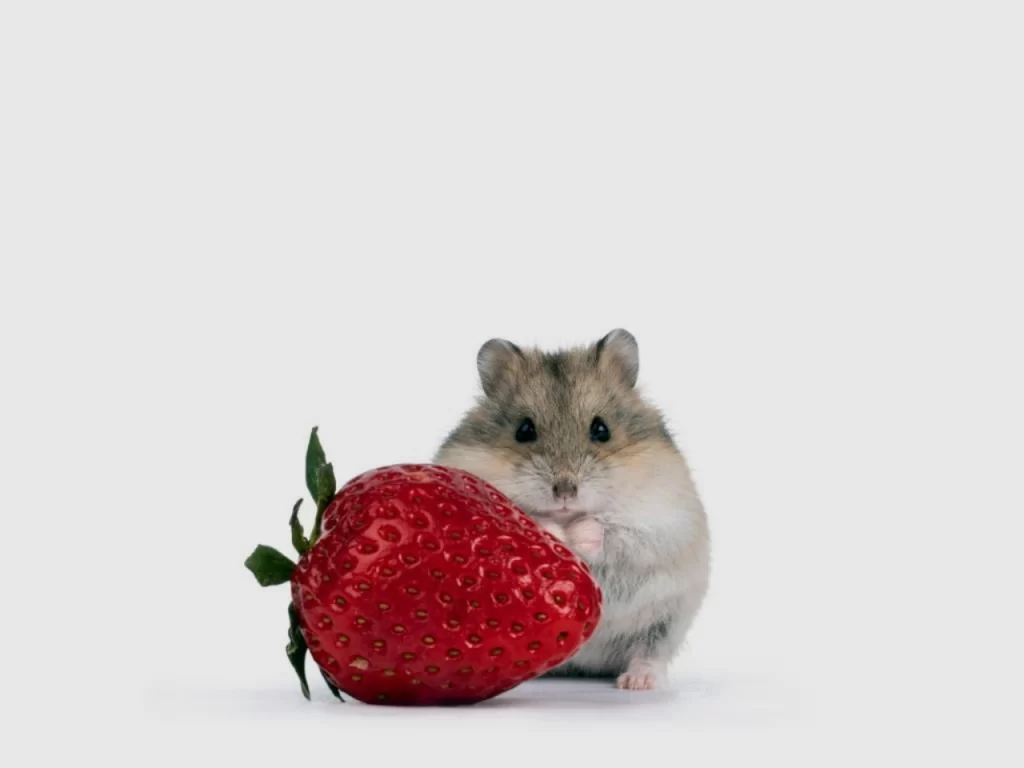
Most types of berries safe for hamsters such as blueberries, raspberries, and blackberries, making them a great treat that will also provide essential nutrients like vitamin C.
12. Greens
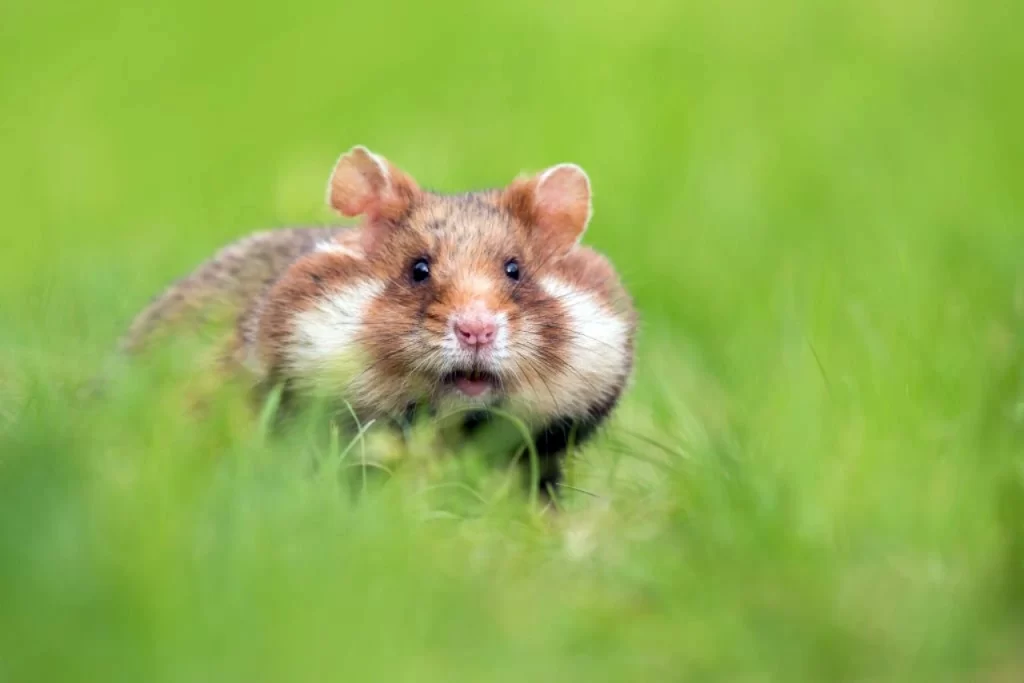
Leafy greens like lettuce, spinach, and kale provide plenty of fiber while being low in calories, so they make a good snack for your pet.
13. Bird Seeds
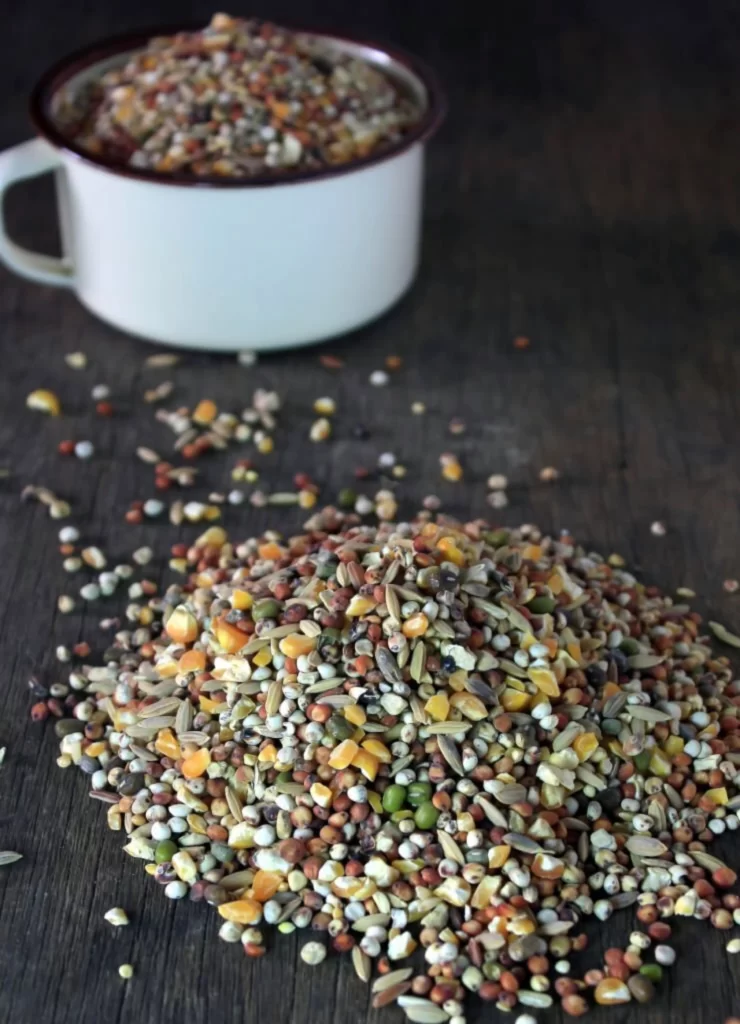
Millet is safe for most hamsters and contains plenty of vitamins, minerals, and healthy fats.
14. Meal Replacement Bars
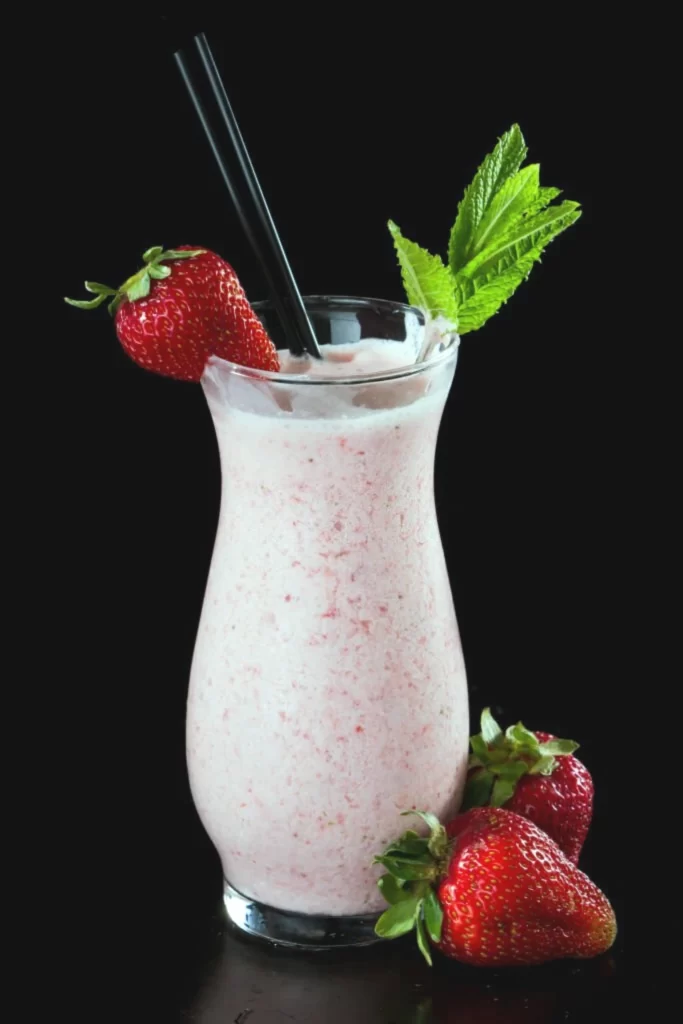
These commercial bars contain high-quality ingredients that can make a great snack while providing your hamster with essential nutrients.
15. Vegetable Baby Food
Vegetable baby food is a good source of nutrients for your hamster and is easier to digest than regular vegetables or fruits.
16. Cooked Rice & Potatoes
Plain cooked rice and boiled potatoes provide plenty of energy for your pet and should be given in small amounts as an occasional treat.
17. Dried Fruit
Dried fruit such as apricots, cranberries, and raisins offer plenty of flavor without the risk associated with fresh fruits or vegetables which can spoil quickly.
18. Tortillas
Unflavored corn or flour tortillas make a great snack for your hamster and provide some extra fiber to their diet.
19. Cheese
Small amounts of cheese can be fed to your hamster as an occasional treat, but it should not make up the majority of their diet due to its high-fat content.
20. Human Foods
Some human foods are safe for hamsters such as cooked eggs, cooked fish without bones, plain cooked pasta, and beans. Just make sure not to give them too much-processed food!
On the other hand, there are certain types of food you should avoid giving your pet at all costs. Here are some of the most dangerous foods for hamsters:
10 Foods That Your Hamster Should Not Eat
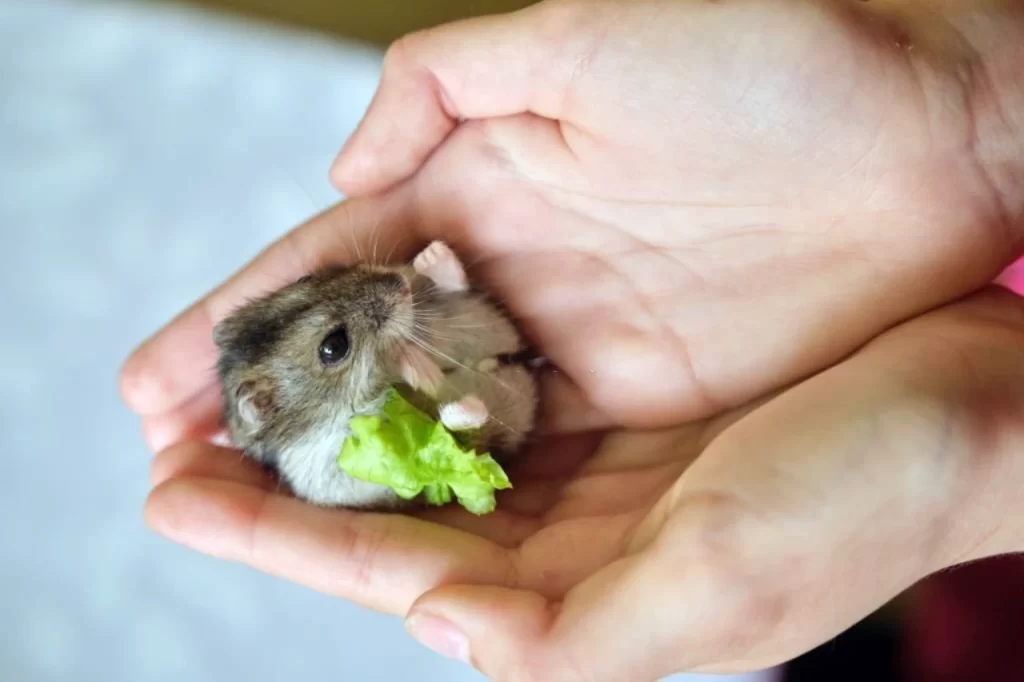
1. Chocolate
Containing a compound called theobromine, chocolate can be highly toxic for hamsters and should never be given as a treat.
2. Avocado
All parts of avocado are toxic to hamsters and can cause serious digestive problems if ingested.
3. Candy & Sweets
Sugar-filled candy or sweets can cause tooth decay in your pet and should not be given as treats or snacks.
4. Onions & Garlic
These common ingredients are toxic to most species of animals, including hamsters, so make sure to avoid giving them any food that contains these spices.
5. Raw Beans
Some types of beans like soybeans, kidney beans, and navy beans can be toxic to hamsters if they’re ingested in their raw form.
6. Nuts & Seeds
Most types of nuts and seeds are high in fat and should only be given as an occasional treat, if at all.
7. Caffeine
Coffee, tea, and other caffeinated drinks contain compounds that can cause seizures or even death in your pet, so make sure to avoid giving them any beverages containing caffeine.
8. Sugar Substitutes
Products such as NutraSweet and Splenda should not be given to your hamster as they can cause digestive issues or liver damage if ingested in large amounts.
9. Alcohol
Hamsters are very sensitive to alcohol and even small amounts can be toxic, so make sure to keep all alcoholic beverages away from your pet.
10. Human Vitamins & Supplements
Many types of supplements meant for humans contain ingredients that can be dangerous for hamsters, so you should never give them any vitamins or supplements without consulting a veterinarian first.
By following these guidelines and avoiding dangerous foods, you can help ensure that your pet stays healthy and happy! Additionally, it’s important to provide plenty of fresh water for your hamster every day, as well as regular exercise in their cage or wheel to help maintain their health. With the right diet and care, your hamster will be an active and energetic pet for many years to come!
These 20 best hamster-safe food items and 10 food items to avoid are just a few of the many ways that you can keep your pet healthy and happy.
Creating a balanced diet for your beloved hamster is essential for their well-being, so make sure to research other types of food that your pet might enjoy and take the time to provide them with all the nutrition they need.
With the right care, you’ll be able to help ensure that your furry friend remains in optimal health for years to come! It may seem like a lot of work, but taking care of a hamster is incredibly rewarding knowing how much joy it will bring into your life.
Also Read: Can Hamsters Drink Milk?
What Will Be The Best Diet For Your Hamster?
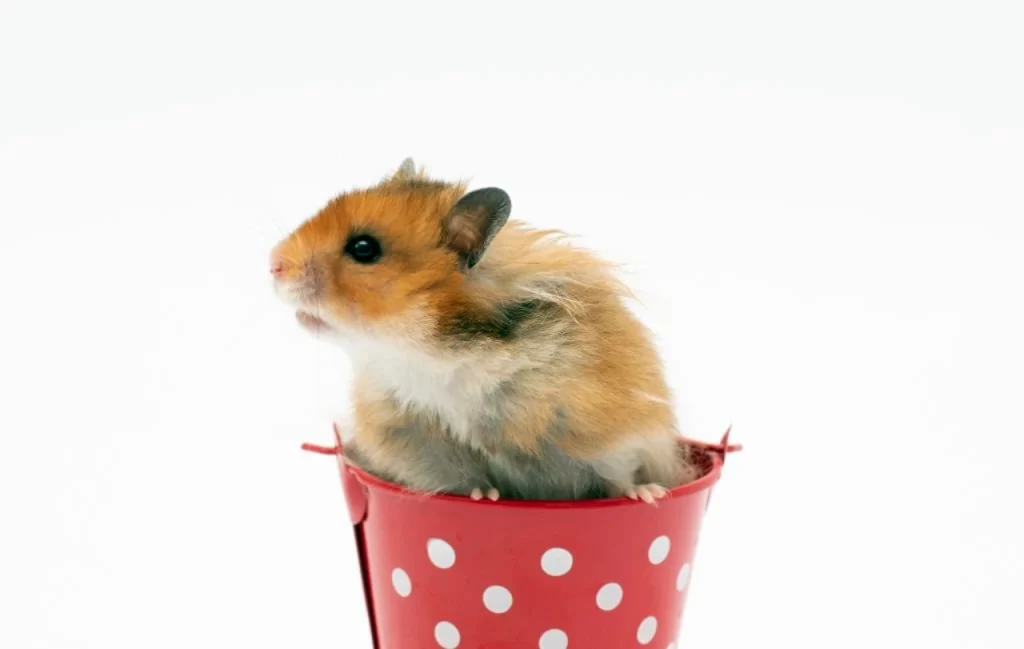
If you are considering having a pet hamster, you know that one of the most important things to consider is their diet. To make sure your hamster remains healthy and happy, it’s essential to understand what kind of food you should give them and which ones to avoid.
When designing your hamsters’ diet, 20 safe foods are best for them: oats, carrots, apples (without seeds), bananas (without skin), cooked brown rice, strawberries, barley grain bread, cottage cheese, dark green leafy veggies like kale and spinach, sweet potato, peanut butter (unsalted & no sugar added), cucumbers without the skin or seeds removed.
Other good sources of nutrition include nuts such as almonds, walnuts, and peanuts, as well as sunflower or pumpkin seeds.
It’s important to note that some of these foods should be fed sparingly as treats due to their high-calorie content. For example, peanut butter is a great source of protein but it’s very calorically dense so you don’t want your hamster overindulging in it.
Fruits can also be given sparingly since they are high in natural sugar which may cause an upset stomach.
On the other hand, 10 foods should be avoided when feeding your pet hamster: avocado (the skin is toxic), chocolate (high levels of caffeine and theobromine), raw beans/legumes, onions, garlic, raw potatoes, sugar, salt, alcohol and dairy products.
These foods can be toxic to a hamster’s digestive system and should not be given as part of their regular diet.
The best way to ensure your hamster stays healthy is to provide them with a balanced diet full of fresh vegetables and fruits that are safe for them to eat. You may also want to supplement their menu with some of the 20 best food items mentioned above but always in moderation.
How Much To Feed a Hamster Daily?
The amount of food to feed your hamster daily will depend on the size and breed of the hamster, as well as its activity level.
Generally, pet owners should provide between 1/2 teaspoon and 2 tablespoons of dry mix per day for an adult Syrian or winter white dwarf hamster.
For dwarf Campbell’s Russian hamsters, providing up to 4 tablespoons of dry mix per day is acceptable. The number of fresh vegetables you give your hamster should be equivalent in volume to the amount of dry mix given each day.
Additionally, it’s important to remember that some types of fruits and vegetables may not be healthy for your hamster to consume; check with your veterinarian before feeding any new items. Avoid giving your hamster sugar-sweetened treats or snacks as these can lead to health problems.
Pet owners need to monitor their hamsters’ food intake to ensure that they are not overeating and becoming overweight.
If you notice that your hamster is gaining weight, cut back on the amount of food you provide each day.
Additionally, providing daily exercise opportunities through a hamster wheel or other interactive devices can help keep them physically fit and healthy.
Ultimately, with proper care and nutrition, you can ensure that your hamster remains happy and healthy for many years to come.
How Long Can A Hamster Go Without Food?
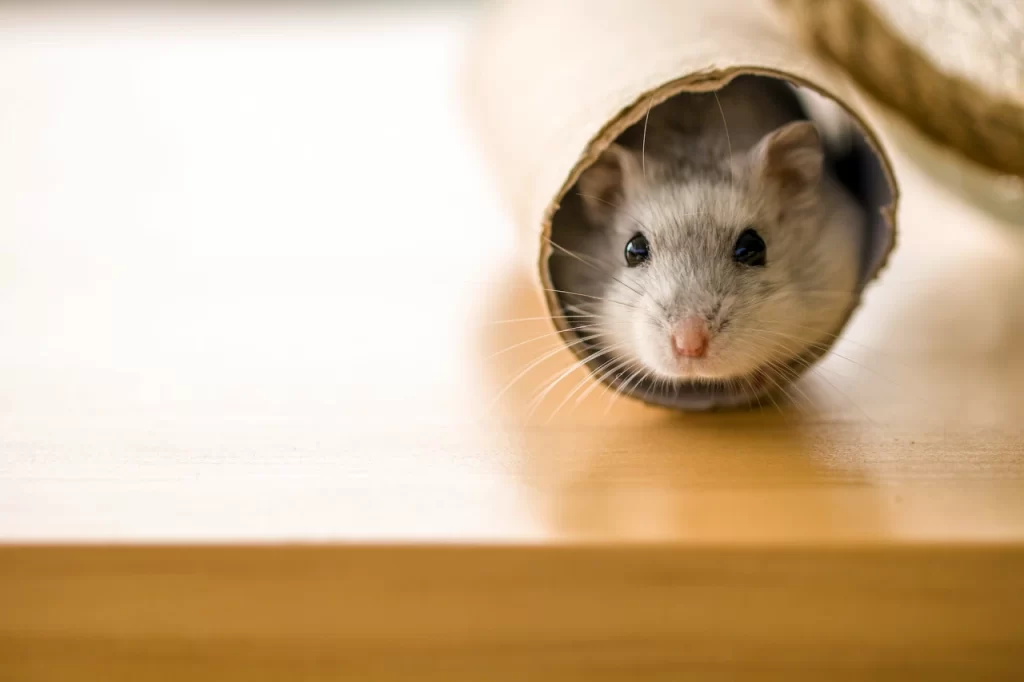
In general, a healthy adult hamster can go up to two weeks without food. However, they should be provided with access to fresh water during this time. During the first few days of fasting, a hamster may still eat small amounts of food if it is presented to them.
If you plan on fasting your hamster for more than a week, it is important that you closely monitor their health and behavior and consult with your veterinarian beforehand.
Hamsters are typically very active animals that require frequent access to food to maintain their energy levels. Not eating for long periods can lead to weakened immune systems, weight loss, poor overall health, and even death in severe cases.
You should never attempt to fast your hamster for more than two weeks without consulting with a veterinarian first.
Finally, young hamsters should never be kept from food for long periods as their growth and development depend on regular meals. If you have any doubts about your ability to provide adequate nutrition for your pet, it is always best to seek the advice of a professional veterinarian.
How Much Does A Hamster Food Cost?
The cost of hamster food depends on the type and quantity you buy. Generally, a small bag of hamster food can cost between $4 and $8. Larger bags may be slightly more expensive at around $10 to $15 depending on the brand and type.
Buying in bulk can help you save money, as many pet stores offer discounts when buying multiple bags at once.
Specialized foods such as those made for dwarf hamsters or specific health needs are usually more expensive than standard varieties but are worth it if your pet’s nutritional requirements require them.
Treats should also be taken into account when budgeting for your furry friend’s diet; most treats will range from about $2-5 per package. Overall, it is best to plan and do your research when buying food for your hamster so that you can get the most bang for your buck!
In addition to affordable food options, you should also consider other basic supplies such as bedding, water bottles, toys, exercise wheels, cages, and more.
These items typically range from $10-$50 depending on the size and quality of what you purchase. As with food, looking around online or in different pet stores is a great way to find good deals and save money wherever possible.
All in all, while owning a hamster may require some initial investment upfront; they are relatively low-maintenance pets who will bring you lots of joy!
Final Thoughts:
Overall, many types of food can be safely fed to hamsters. Although some foods should be avoided due to their potential toxicity, the vast majority of items can make a well-rounded diet for these small pets.
When selecting food for your hamster, it is important to look for fresh options that are free from preservatives and artificial ingredients.
Fruits, vegetables, nuts, seeds, and grains can provide your hamster with all the necessary nutrients they need while also giving them variety in its diet.
Avoiding sugar and fatty foods as much as possible will help keep your pet healthy and happy! By following these simple guidelines you can ensure that you are providing your hamster with a safe and nutritious diet.

